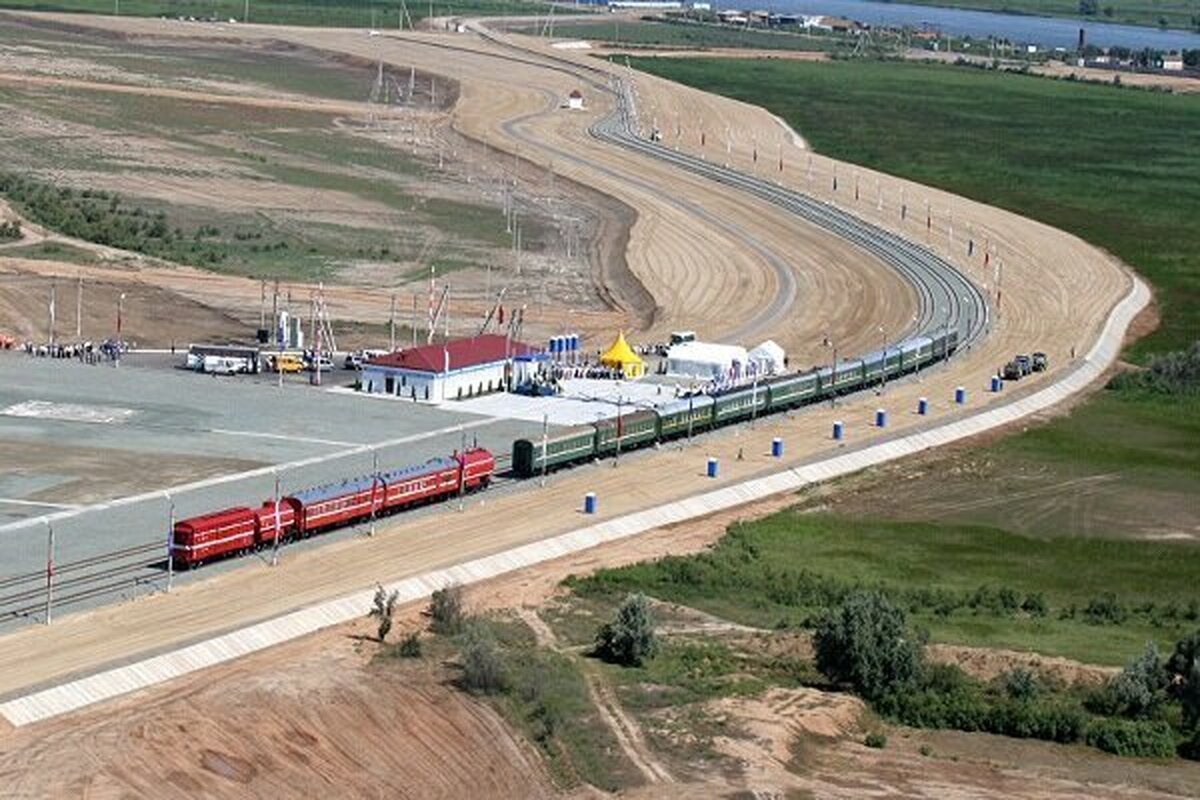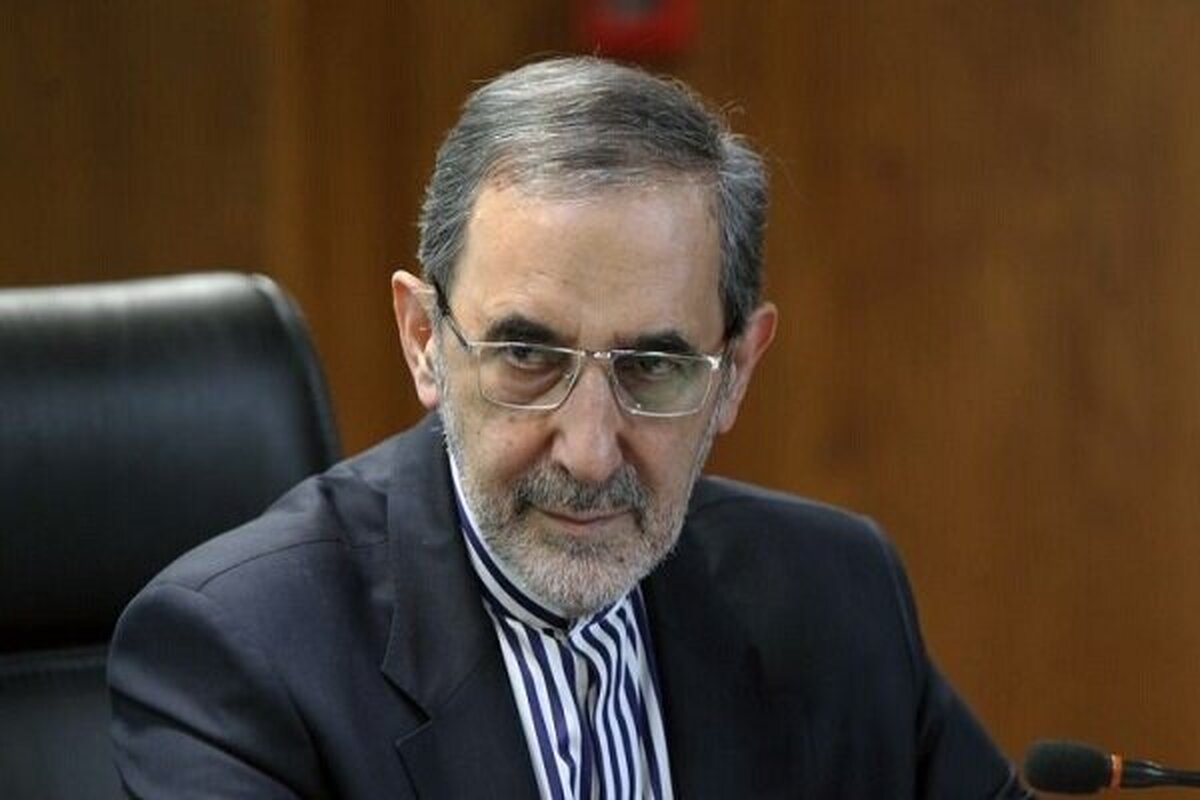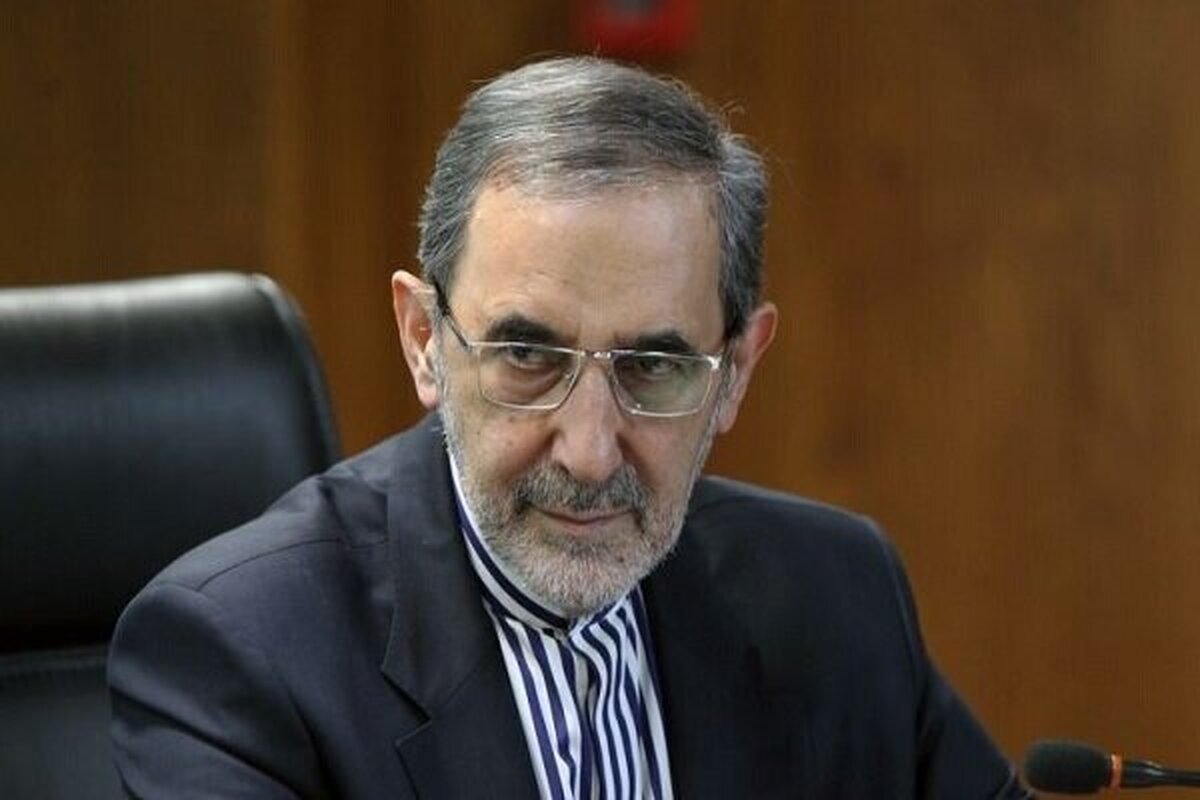
Expert Highlights Importance of Developing North-South Corridor
EghtesadOnline: The political, military and security developments of recent months to the east of Iran in Afghanistan and to the northwest of Iran in the Caucasus are part of a shift in the United States’ approach regarding Southwest Asia in an attempt to put Iran in a tight spot.
This was stated by Mohammad Taqi Raeisossadat, secretary of Iranian Association of Geopolitics, wrote in an article for the Persian daily Donya-e-Eqtesad. The translation of the article follows:
Over the years, and particularly in recent months, we have seen the US reduce its military presence in the region, using countries such as Turkey and Pakistan, as well as Israel as proxies to advance its military and security operations.
Each of these countries is playing a role in the recent developments with specific goals, which are mostly centered on economic interests. To compete with India and develop the port of Gwadar in the face of Iran’s Chabahar, Pakistan has been playing a central role in recent developments; Turkey has played a key role in order to find a way into Central Asia through the Caucasus; and Israel has had a hand in recent developments to serve its ideological interests.
All these efforts are aimed at isolating Iran in the region, both economically and politically.
Given that sources of Helmand and Hariroud rivers are in Afghanistan and that the neighboring country is suffering from the lack of an inclusive government, eastern Iran is likely to face hydro-political challenges. These events have disrupted trade with Afghanistan because one of the positive features of Chabahar Port was the transfer of goods from India to Afghanistan via Iran.
Now with the presence of Pakistan in Afghanistan, the possibility of exporting goods from Iran and India has decreased. These economic challenges can lead to security and social issues within the country and in border areas.
Developments in the Caucasus have overshadowed identity and national issues since Azerbaijan is maneuvering on ethnic and economic issues with the support of Turkey; economic hardships in northwestern Iran can also add fuel to the fire of security problems there. Of course, it is possible to solve foreign-source, politically-motivated ethnic and identity problems by employing a reasonable stance and creating national harmony and ethnic convergence inside the country.
The main way out of these challenges is to take a serious look at Iran’s geopolitical and geoeconomic situation in the region; the regional countries involved in these conflicts need to become aware of the truth that the best way to trade and transport goods is via Iran.
The country’s geographical and geoeconomic location also plays a kind of “geo-pacific” role, which variable encourages countries to have peaceful relations with Iran. Therefore, Iran needs to create new interactions with the regional countries.
Free trade and industrial zones are perhaps badly affected by developments in Afghanistan and the Caucasus. To forward their agenda and interests, FTZs need to work with commercial and industrial regions of other countries.
The recent developments in the east and northwest of Iran have disrupted the communication route between east and west and between north and south. The implementation of joint programs and continuation of talks on the benefits of corridors passing through Iranian free trade zones can be a way out of our political and economic isolation.
One of the key objectives of recent challenges is to limit Iran economically. The North-South corridor is one of the most important corridors that can help Iran rid itself of economic and political sanctions and geopolitical bottlenecks.
Thanks to its crossroad position, Iran can connect east to west and north to south. China and India’s flow of large qualities of trade with Eurasian and European countries underscores the importance of using the North-South transit corridor. Therefore, the Iranian diplomatic apparatus should throw light on Iran’s pivotal role in the region in cooperation with free trade zones’ officials and experts in the fields of geopolitics and geoeconomics.
By employing diplomatic tools, Iran’s economic position in the region should be elucidated in a way that countries engaged in creating tensions change course and interact with Iran for achieving peace and convergence in order to take advantage of the benefits of Iran’s geostrategic, geopolitical and geoeconomic position.




